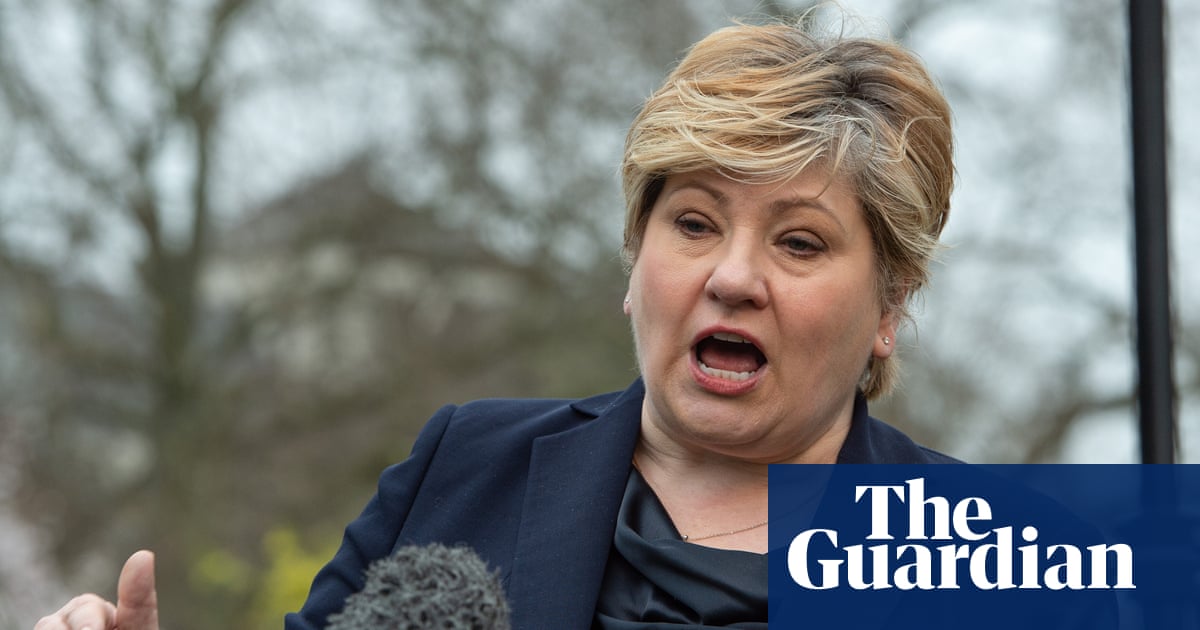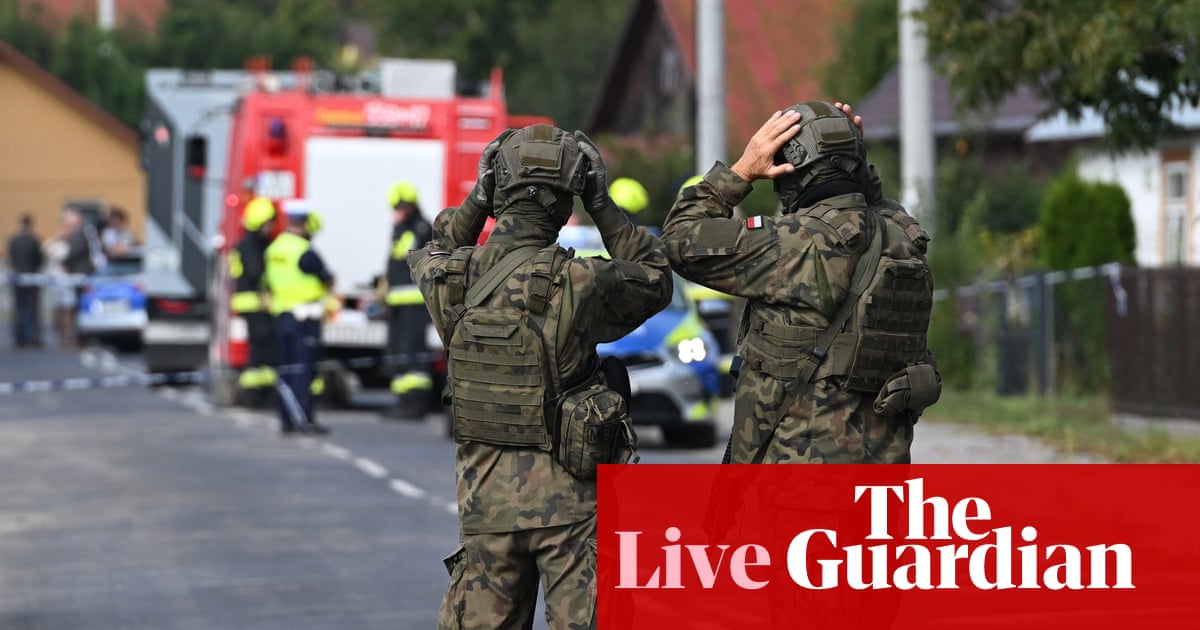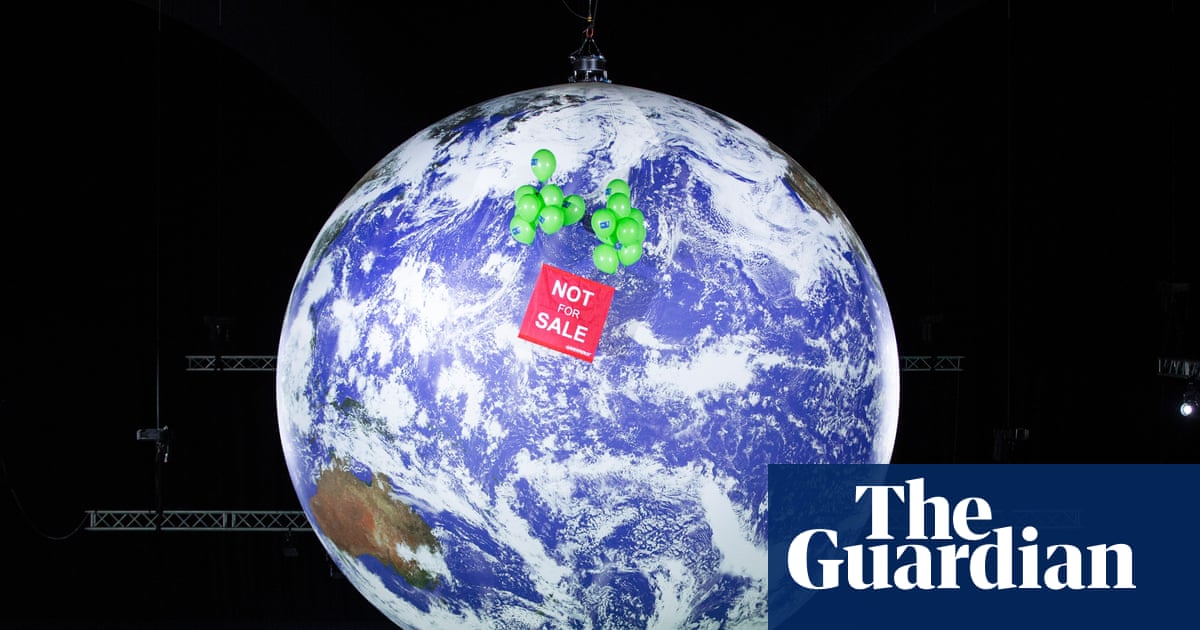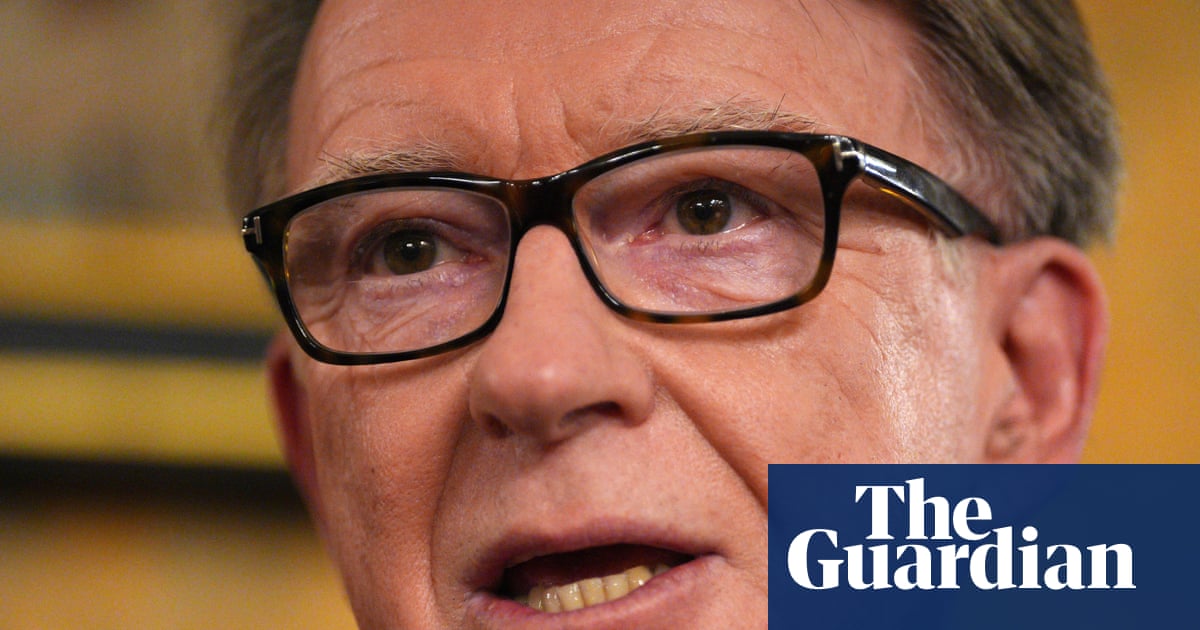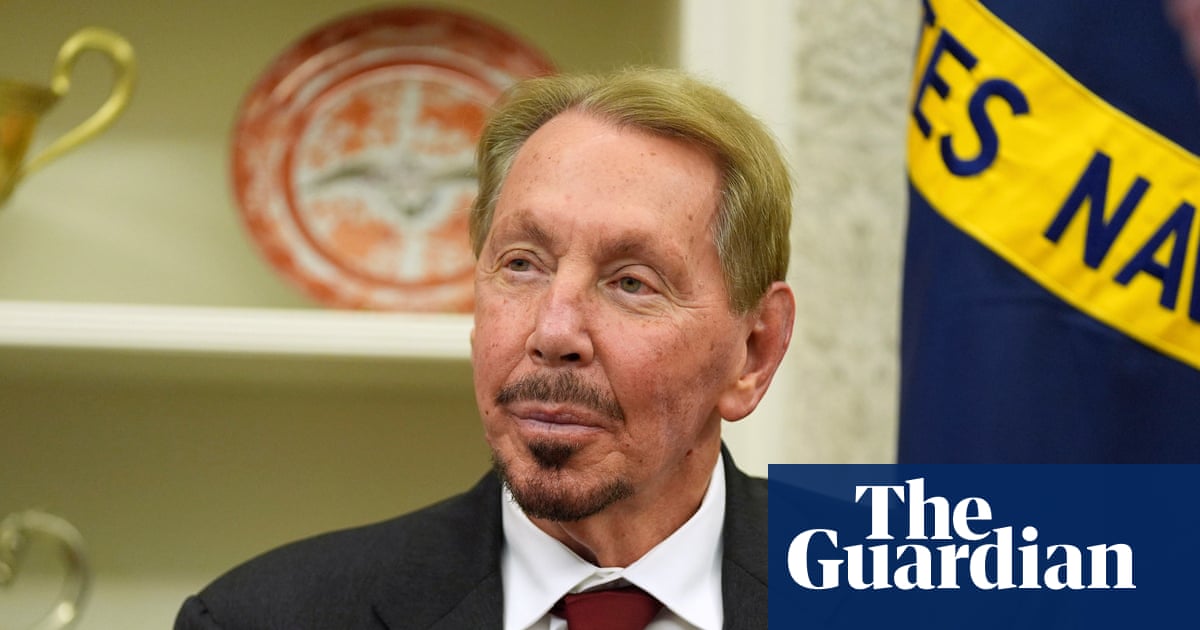Like a Hollywood studio churning out the umpteenth sequel in a stale franchise, Westminster has manufactured another episode in the interminable Brexit Wars saga. The Reset is based on the true story of a prime minister negotiating improved terms of trade with the EU, against a backdrop of global insecurity and rising economic uncertainty. Many familiar elements of the Brexit cinematic universe are represented: talks that go to the wire; French obstinacy; cries of betrayal from militant Eurosceptics; fish.
We have been in this movie before, although each iteration is slightly different. The big plot twist this time is a Labour government that is prepared to say aloud that Brexit inflicted harm on the UK economy, and that closer relations with European neighbours are in the national interest.
Keir Starmer hasn’t exactly torn up the old script. His Brussels deal quest has innovative features – defence and security partnership, energy market integration – but it doesn’t stray far from conventional Brexit lore. The substance is still confined to that narrow terrain where economic reality overlaps with domestic political acceptability.
The action of The Reset takes place in that valley of magical thinking where frictionless commerce with the European single market is understood to be desirable, but talk of rejoining it is taboo.
To his credit, the prime minister has nudged the dial a few notches. He accepts the logic that favourable terms of trade with a huge continental bloc require regulatory alignment, and that streamlining the process – restoring more automatic recognition of common standards – is not a dissolution of national sovereignty tantamount to treason.
This is a battle Starmer is prepared to fight. He thinks most British people can tell the difference between eliminating costly paperwork on sausage exports and colonial submission. No one who isn’t already signed up to a Eurosceptic battle re-enactment society will be persuaded to join by the sound of their blood-curdling howls over the past 48 hours.
Kemi Badenoch was calling Monday’s gathering of EU leaders in London a “surrender summit” before there was even an agreement to denounce. Maybe she thought it sounded like the kind of thing Boris Johnson would say. She couldn’t have anticipated how far off the hinges Johnson hangs these days. He called Starmer “the orange ball-chewing manacled gimp of Brussels”.
There is no sequel that could satisfy the hardcore Brexit Wars cosplayers. They won and haven’t stopped pining for the struggle ever since. They are victors with no spoils. They cannot say the deal Johnson signed in 2020 is good, but since it gave them everything they wanted, they struggle to say how it might be improved if not by reversal.
They accuse Starmer of selling out British fishing fleets when the terms he has agreed are just the existing ones on a longer lease. So the continuity leave argument seems to be that even more of Johnson’s Brexit is a reversal of Brexit. These are not serious people.
The same conclusion has to be drawn from the allergic reaction to talk of a youth mobility scheme. The proposal for a dedicated 18-30s work permit would look much like the model already available to young Australians, Canadians, New Zealanders and South Koreans. But in the paranoid Brexit mind, any movement of European citizens to the UK – even if controlled with visas and limited by quotas – smells too much like the old free movement.
Failure (or, more likely, wilful refusal) to understand what is really being discussed here is dismal enough. The more dispiriting element is an inability to conceive of a world in which young British people might be grateful for an expanded right to travel and work on the continent.
When European officials first raised the prospect of youth mobility with Labour ministers, they pitched it as a mutual benefit – an obvious win-win. It was received instead as a demand, as if the privilege of living and working in Britain is a precious and exclusive mineral resource that Brussels wants to extract, and for which a price must be paid in concessions elsewhere.
Even a Labour government, ostensibly committed to restoring closer ties, struggles to find a vocabulary of reciprocal advantage through continental integration.
This is a conceptual barrier to wholehearted participation in the European project that dates back to well before the referendum. It is the plot of Brexit Wars: Origin Stories – the sting of humiliation through post-imperial decline that made accession to the European Economic Community a necessity in 1973; the edifice of rebate and opt-outs that preserved a culture of transactional separateness; the evolution of conspiracist Europhobic mythologies in the press over many years and the cowardice of successive prime ministers in refusing to confront them.
For decades, the facts to support an argument that Britain was stronger in the EU were submerged in a swamp of national neurosis – the inferiority complex manifest as self-aggrandising exceptionalism. They never rose to the surface when membership was on the ballot paper in 2016.
Instead, leave and remain became proxies for other cultural and economic divisions that could never be settled by Brexit. Nine years later, they are still visible in election results and opinion polls, like a watermark in the post-referendum currency of party political allegiance.
The Tories are in desperate trouble because Badenoch can’t compete with Reform UK to consolidate a Brexit-coded electoral coalition, and she won’t reach out to more liberal, centrist voters who feel more at home with the Liberal Democrats.
Starmer’s position is stronger in terms of seats currently held but brittle in similar ways. Labour is struggling to reconcile its modern reliance on a remain-dominated voter base with a foundational and nostalgic idea of itself as the natural party of the former industrial working-class heartlands that voted leave.
Those electoral faultlines track deep cultural scars, but they don’t have to disfigure politics for ever. Britain is on a more European trajectory as a matter of strategic necessity in a dangerous world. Donald Trump is an unreliable ally and Vladimir Putin is a determined foe. People can see that change in the geopolitical climate, even if the tone of Westminster debate, stuck on the old script, fails to respond with suitable urgency.
Solidarity with our continental neighbours is a national mission that transcends the tedious, juvenile idiom of Brexit Wars fandom and the sniffing of treason in renewable fish quotas. Or we have to hope it is. This is the test of The Reset. It won’t be the last episode in a genre shaped by fantasy, but it could be the start of a new storyline where reality fights back.
-
Rafael Behr is a Guardian columnist
-
One year of Labour, with Pippa Crerar, Rafael Behr and more
On 9 July join Pippa Crerar, Raf Behr, Frances O’Grady and Salma Shah as they look back at one year of the Labour government and plans for the next three years -
Do you have an opinion on the issues raised in this article? If you would like to submit a response of up to 300 words by email to be considered for publication in our letters section, please click here.

 3 months ago
41
3 months ago
41

